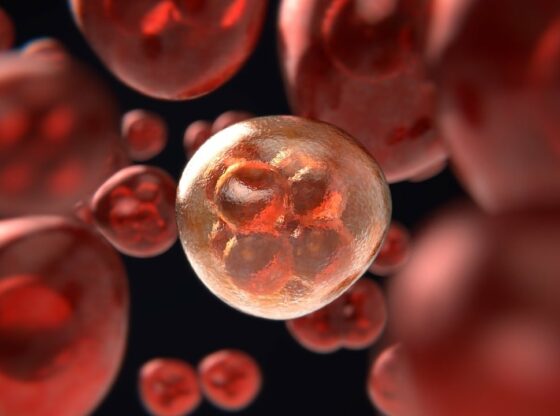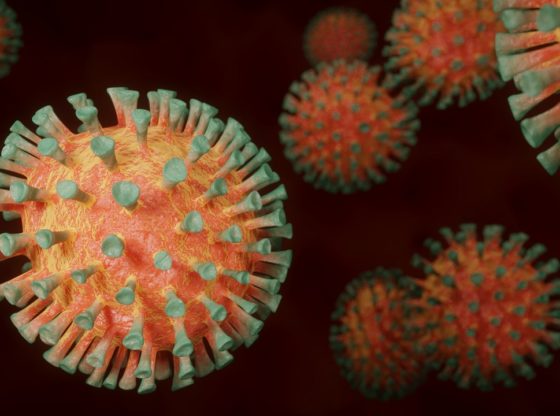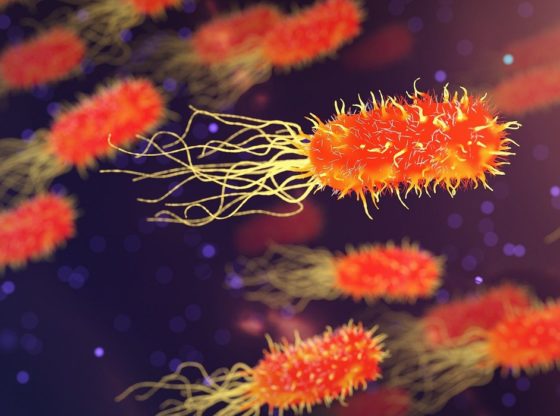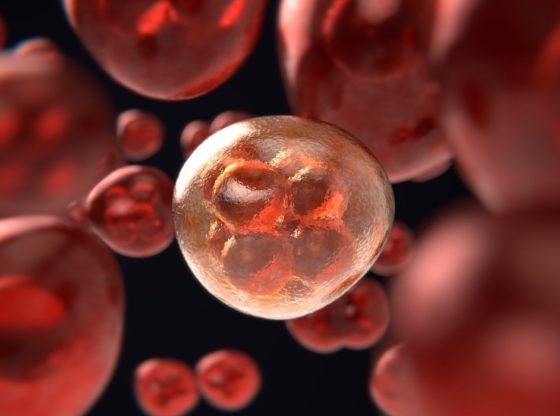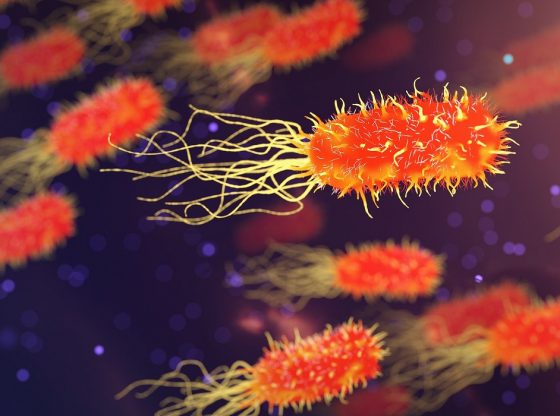US researchers have made some progress in developing a viable urine test to find prostate cancer. A urine test would pose a great relief for many in avoiding painful and uncertain biopsies and blood tests. The research team at the Johns Hopkins Kimmel Cancer Center has discovered a new RNA profile and urinary degradation substances in people with prostate cancer, which opens up new ways of detecting the disease.
As reported in Scientific Reports, the researchers used RNA deep-sequencing and mass spectrometry to identify a previously unknown profile of RNAs and dietary byproducts, known as metabolites, among 126 patients and healthy, normal people.
“We discovered cancer-specific changes in urinary RNAs and metabolites that—if confirmed in a larger, separate group of patients—will allow us to develop a urinary test for prostate cancer in the future,”
– Bongyong Lee, and a senior scientist at the Cancer & Blood Disorders Institute.
The research study was rather small but included 64 patients with prostate cancer, 31 with benign prostatic hyperplasia and prostatitis diseases, and also 31 healthy people with none of these conditions.
RNA alone was not sufficient to positively identify prostate cancer, but the addition of a group of disease-specific metabolites provided separation of cancer from other diseases and healthy people.
“A simple and noninvasive urine test for prostate cancer would be a significant step forward in diagnosis. Tissue biopsies are invasive and notoriously difficult because they often miss cancer cells, and existing tests, such as PSA (prostate-specific antigen) elevation, are not very helpful in identifying cancer,”
– Ranjan Perera, Ph.D., the study’s senior author
The researchers emphasize that this is just a proof-of-principle study and it must be validated in additional, larger studies before it is ready for clinical use.
“We discovered cancer-specific changes in urinary RNAs and metabolites that — if confirmed in a larger, separate group of patients — will allow us to develop a urinary test for prostate cancer in the future”
– Bongyong Lee, Ph.D., the study’s first author and a senior scientist at the Cancer & Blood Disorders Institute.
In the United States and a few countries in Europe, there is already a urine test used to diagnose prostate cancer, but it is far from perfect and has proven difficult to use because you first need to massage the prostate before taking the test. The test measures the level of a specific gene, PCA3, which is found in prostate cancer tissue.
Reference:
Bongyong Lee, Iqbal Mahmud, John Marchica, Paweł Dereziński, Feng Qi, Fubo Wang, Piyush Joshi, Felipe Valerio, Inoel Rivera, Vipul Patel, Christian P. Pavlovich, Timothy. J. Garrett, Gary P. Schroth, Yinghao Sun, Ranjan J. Perera. Integrated RNA and metabolite profiling of urine liquid biopsies for prostate cancer biomarker discovery. Scientific Reports, 2020; 10 (1) DOI: 10.1038/s41598-020-60616-z


